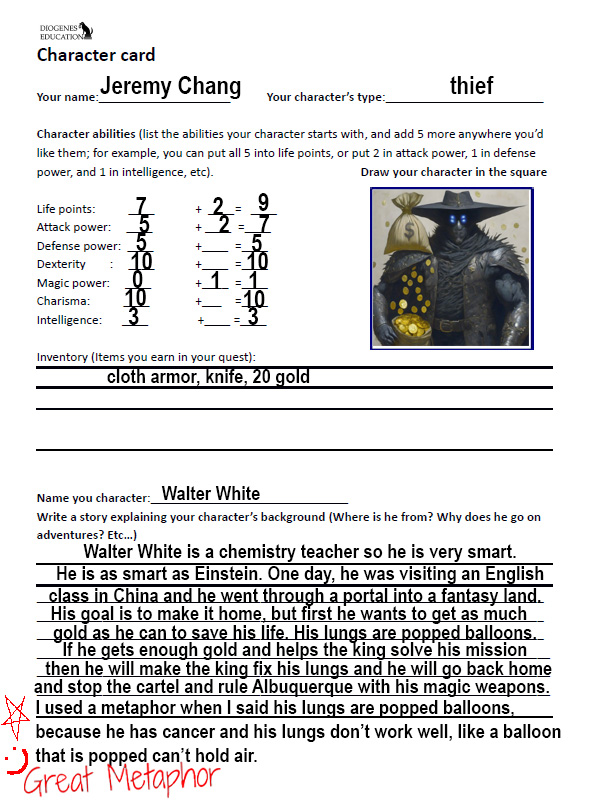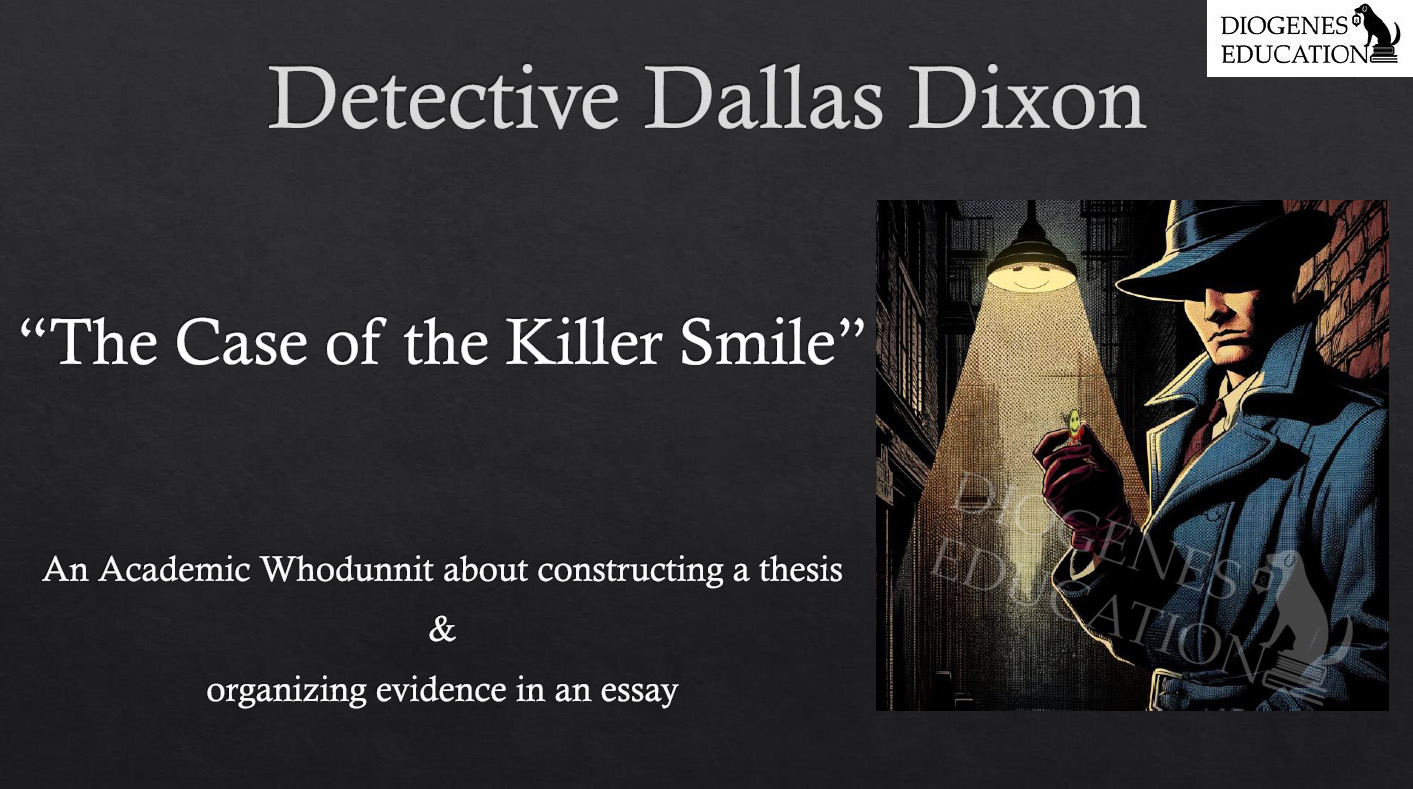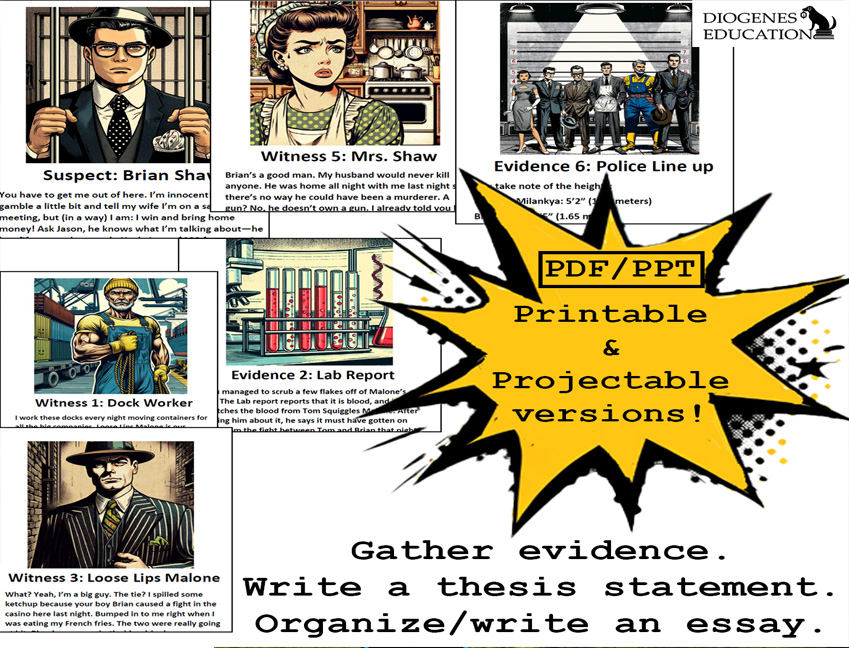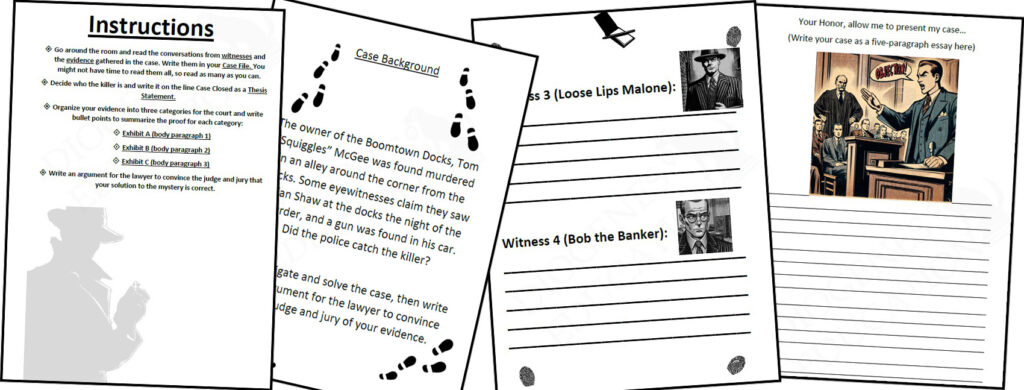

Play-Based Learning and Games in the Classroom (Makes Learning Fun for Better Behavior)
The students napped on their desks. They hit each other intermittently for no reason at all. They turned in quizzes completely blank–aside from drool marks where they slept. It was a nightmare class. But two months later they were all raising their hands and fighting (figuratively, this time) to be called on. How did I turn this nightmare into a dream scenario?
A common refrain from students is that school is boring. But it doesn’t have to be. Almost any lesson derived from a text-book can be gamified to teach the same learning objective. This is especially important for young boys, who studies show are wired differently than girls and will, on average, want more activities that involve movement around a room as a self-regulating mechanism due to lower levels of serotonin and oxytocin. When the most common complaint from teachers are issues related to student behavior and classroom management, should you incorporate play into your classroom? Vygotsky argues you should, and studies show that play-based learning leads to students acting with more self-regulation, better learning symbolic language, and exhibiting higher levels of executive function. While this is well known among primary school teachers with their “littles”, it works equally well all the way through secondary school with high school students. Let’s examine two ways games can be incorporated into an English classroom to reach learning goals related to:
- Increasing vocabulary and understanding figurative language for ESL conversation
- Gathering evidence/proving claims in a text and writing arguments to support claims
Gamified Learning Improves Classroom Management

A good teacher can find a way to make any game contain a learning component. I discovered this when teaching ESL overseas in China. I had a class that refused to engage in school. I was “gifted” the class after their previous teacher left the school, and administrators hoped they would respond better to me. They were interested in basketball and “being bad”, so I tried basing all our readings on basketball and short articles about famous gangsters. They refused to read. The most common refrain was, “We will never need to know this.” So, I made a Dungeons & Dragons-like RPG (role playing game) and told my class, “We aren’t going to have to learn in class anymore. We’ll just play a game instead”. I gave them a character sheet.
ESL Role Playing Games Increase Conversational Skills and Vocabulary
“We get to make up any character we want? My character can be a Top G who runs a crime empire like Walter White in Breaking Bad?”
“Sure, I’ll allow it…so long as your description of him has at least one metaphor and you explain it to me.”
“What’s a metaphor?”
“You don’t remember? I’ll remind you.” I did a very brief reteaching from a previous unit to remind them.
The boy started writing furiously, and thewhole class began comparing characters.
We began the game.
“You are in a restaurant. You see many people eating chicken and laughing. What do you do?”
“I want to—what’s the word for ‘to take it from him in a sneaky way’?”
“Steal?”
“I want to steal that man’s cooked chicken,” the boy laughed.
“OK. Let’s roll the dice. And if you remember the correct word next time you’ll get a +1 bonus,” I say, hoping to encourage him to write down the word and actually study vocabulary.
All the students opened their notebooks and wrote down the word “steal”.
Later in the game, after defeating an enemy, I tell them, “You find a hammer.”
“What is hammer?”
“It looks like this,” I load the picture in the game. “It’s a tool with a handle and a flat piece of metal and it’s usually used to hit nails into wood. Except for Jeremy’s magic hammer, which he uses to hit tree monsters!”
The students wrote the word “hammer” on their vocabulary sheet.
Other times I would underline unknown words, or literary devices, and do in-game knowledge checks and award an experience point to a player who got it right. The students wanted to do well in the game, so they wanted to learn vocabulary and literary devices in order to do so. Finally, my class of apathetic nappers was engaged. The refrain of, “We won’t ever need to know this,” was gone, because now there was a direct correlation to knowledge and an activity they were engaged in–goal-oriented toward succeeding in. It was no longer abstract or meaningless to them, because it had a real effect on their life (even if it was a virtual and make-believe one).
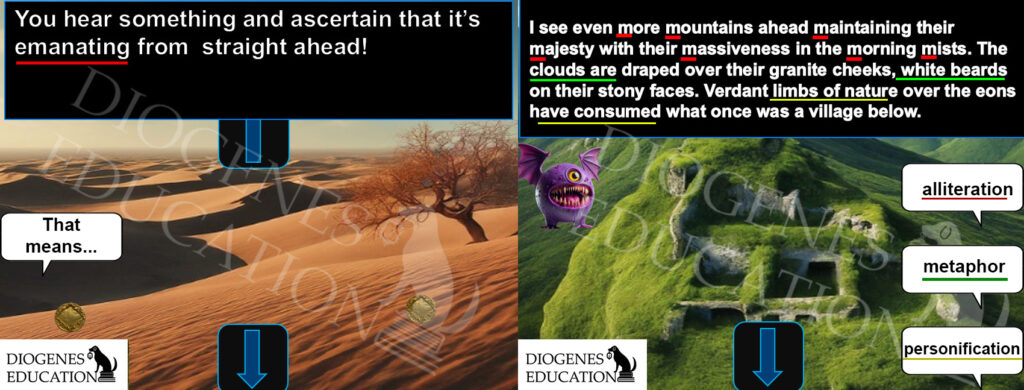
Murder Mystery Essay Writing Game
Another game I used in the classroom, with a better behaved but equally struggling group of students, was a Detective Murder Mystery Game. Their writing often read like a summary and didn’t synthesize information; their thesis statements took no defensible stance. One day, I told a student (who always asked me if I had watched Suits) to imagine he was a lawyer like in the show. “A thesis statement is the thing you are trying to prove. ‘Your honor, that man is guilty, and I will prove it with this evidence.’ The evidence you present are your body paragraphs. ‘Your honor, Exhibit A (body paragraph 1), exhibit B (body paragraph 2), and so on.”
The student “oh!”-ed in understanding, and it hit me. I needed to base a lesson on this example for every single on of my classes. So, I made a unit in which various witnesses and pieces of “Top Secret” evidence are posted around the room covered by a sheet of paper. Students walk around the room taking notes on as much of the evidence as they could in the time allotted.
They then organized the notes into similar categories: Does a lab report with DNA evidence relate to a stain found on a tie relate to a clue at the crime scene? Then those notes should probably be put together into one paragraph. Here, students are learning to organize information, and are essentially making the outline of their essay. Then, they write an essay to present their case in a convincing manner using ethos, pathos, and logos. Students then participated in a mock-trial debate to solve the case. At the conclusion of the activity, I had students telling me, “This was fun–like, actually fun!” Following this activity, my students’ essays had never been better.
Why Should We Use Games in the Classroom?
Remember, nobody, not even you, likes to be stuck in a desk for eight-hours a day. Students need to learn, but it doesn’t have to always be from a text book. If you can find a way to make learning fun and engaging, and apply it to the students winning some sort of goal, they will be not only more likely to learn, but more likely to want to learn. And a classroom full of students who want to learn will make every teacher’s life easier.
Get Started With Play-Based Learning in Your Classroom
Murder Mystery Detective Game Escape Room 1: Thesis Statement & Essay Writing
ESL RPG Role Playing Game:Reading Comprehension, Figurative Language, Vocabulary
Murder Mystery Detective Game Escape Room 2: The Case of the Weeping Widow
Get a FREE SAMPLE of our lessons at our online store

